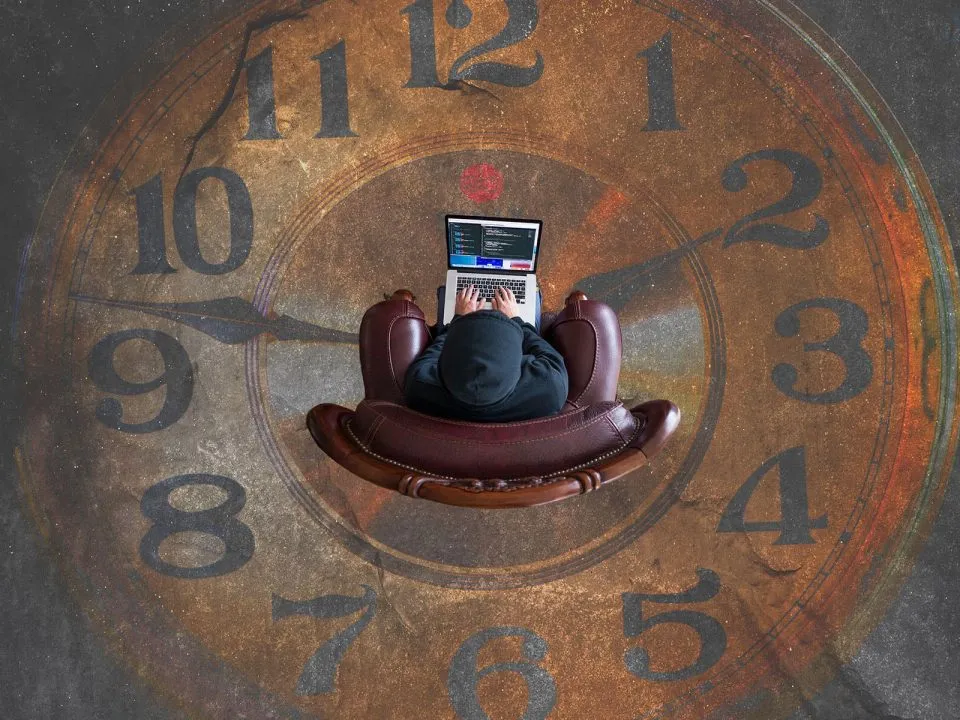
Hypnosis can Help Enhance the Working Memory of even Brain Injured People

Hypnosis for Stress Management: Teaching the Mind and Body to Relax
The Need for Mind Training and Strengthening
The world is accelerating at a very fast pace. While in many aspects this change has brought about progress, it has also led to a series of modern diseases. Stress wreaks havoc on your body. The increase in stress levels creates free radicals that damage existing brain cells and halts the production of new cells. Sleep suffers, lifestyle habits deteriorate. Competition is getting fiercer in a winner-takes-all world, where we are expected to present well, speak well and look good all the time.
This situation calls for increased self-confidence, resilience and the ability to put events and relationships in perspective. Only then can we make the best decisions.
Naturally, millions of people have turned to meditation and hypnosis to help them manage stress and return to better health. Hypnosis has been approved as an adjunct therapy by many medical and psychological associations for decades, way before meditation jumped into the western world.
You do have a choice. Which one would you choose: hypnosis or meditation?
Neuroscience proves the Efficacy of Hypnosis against Anxiety
Hypnosis reduces anxiety Many people suffer from anxiety disorders in their daily lives. In fact, the American […]
The Common Point between Hypnosis and Meditation
Thanks to improvements in medical imagery, we are able to observe the functioning of the brain. It will shock you to know that this organ weighs only about three pounds or 2% of the total body weight but consumes about 20% of your energy.
Dr. Mark Jensen, a psychologist at the University of Washington, focuses on psychosocial pain interventions, including hypnosis. Through his research, he found that hypnosis and meditation lead to similar neurophysiological profiles. To study hypnosis, Jensen used electroencephalography or EEG, to measure the electrical current on the outside of the head.
In both states, Jensen found that the brain waves slow down. Fast-wave brain activity reduces. These fast waves correlate with thinking and processing. Slow-wave brain activity increases, which brings in focus and relaxation.
It is clearly not surprising that both hypnosis and meditation operate through similar mechanisms.
The Major Differences Between Hypnosis and Meditation
There are many ways to meditate, but all meditation processes focus on one thing: emptying the mind, i.e. thinking of nothing. In light of the research mentioned above, thinking of almost nothing makes sense: brain waves slow down and you get more relaxed.
But while the idea of emptying a container might feel appealing at first, sooner or later you will want to form new positive habits. We all hate void. Why not use the same relaxed state to focus on suggestions delivered by a hypnotherapist? Hypnosis in itself is just a tool, it is in the context of a therapy that it can provide enhanced benefits. Said differently, both practices help you relax but only hypnosis gives you direction.
Another major difference is the time needed to yield benefits. Meditation might require you to sit for a long time and focus on thinking of nothing. The beginners will need to practice for a long time in order to enjoy the benefits of the relaxation response. On the other hand, you can practice self hypnosis lying down or sitting and you do not have to focus on anything.
You can practice hypnosis alone through self hypnosis or with a certified hypnotherapist. Because suggestions always accompany a self hypnosis or hypnotherapy session, the positive effects accrue relatively fast. A 1970 study shows that 6 hypnotherapy sessions can lead to a 93% success rate while classical behavioural therapy provides a 72% success rate after 22 sessions. Hypnosis provides many benefits fast.
Seeking Hypnotherapy Near Hong Kong? Here’s What You Need to Know!
Hypnosis is a natural state of consciousness in which your sense of awareness is altered. During the […]

How Will You Know What Works Best for You?
If you are just needing to enjoy more relaxation, both methods work. But if you want to start building skills or change your behaviour or your outlook on life, then hypnosis is the answer. You can learn to practice self hypnosis or you can enlist the help of our certified hypnotherapist and experience the benefits of our bespoke programs.
If you are interested in self hypnosis, we can teach you the method. But before you start anything, you should learn how to set goals. A properly framed goal makes for a powerful suggestion. A poorly framed goal can set you back further.
For those of you who are more comfortable working with a hypnotherapist, we offer many tailored programs. To enhance the quality of your sessions with us, we encourage you to read our article on how to make the most of your hypnotherapy sessions.
If you still need help choosing a clinical hypnotherapist near you, we have written an article on which questions you should ask before booking a hypnotherapy session.
What Can Hypnosis Do?
Studies show the efficacy of hypnosis for a variety of mental health issues and physical ailments. Here are a few examples of areas where we can help you.
- Pain management
- Stress Management
- Pain management during labor/delivery, hypnobirthing
- Anxiety
- Depression
- Weight Loss
- Smoking Cessation
- Grief
- Panic Attacks
- Divorce anxiety
- Anger management
- Phobias
- Performance enhancement (athletes, executives, entrepreneurs)
- Exam Stress
Our article on what hypnosis can treat will also help you.
Renewed Edge Hypnotherapy Centre, Your Wellbeing and Performance Centre in Hong Kong
We are dedicated to helping you live better and thrive. We use neurolinguistic programming and hypnosis to help children, men and women, adults, and teenagers make the most of their potential. Please contact us for more information on our programs and sign up for our newsletter.
We offer group and individual hypnosis sessions as well as the best hypnotherapy courses. We are looking forward forward to greeting you in our Hypnotherapy Centre in Central Hong Kong.














